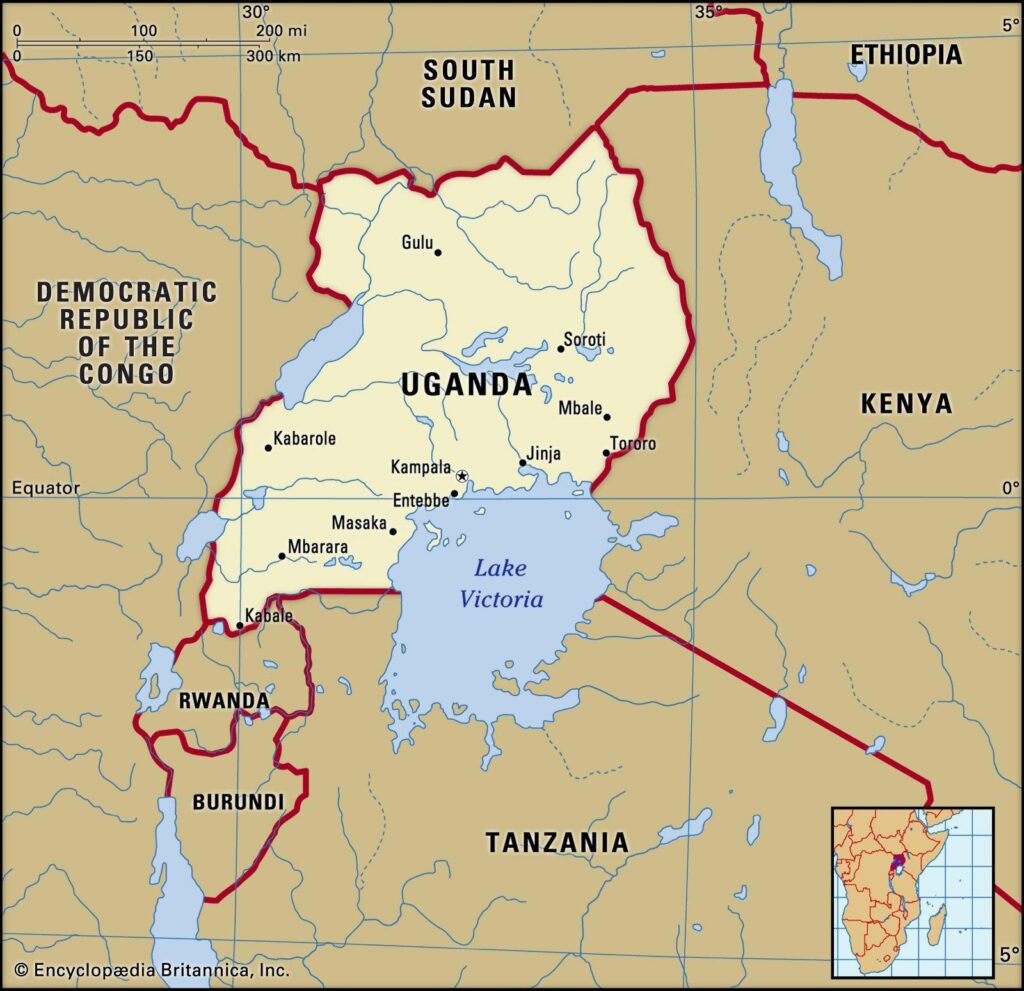Unpacking Uganda’s Military Involvement in the Democratic Republic of Congo: Security or Economic Strategy?
Uganda’s recent military interventions in the Democratic Republic of Congo (DRC) have sparked widespread debate, prompting analysts and observers to question the true drivers behind these operations. While Kampala officially cites efforts to neutralize armed factions and restore peace, a deeper investigation reveals a nuanced blend of security imperatives intertwined with economic ambitions. This article explores how Uganda’s military presence in eastern DRC may be influenced by strategic resource interests and trade considerations, shedding light on the broader geopolitical ramifications for East Africa.
The Economic Underpinnings of Uganda’s Military Actions in Eastern DRC
Beyond stated security objectives, Uganda’s deployment in the DRC appears closely linked to its pursuit of valuable natural resources. The eastern regions of the DRC are renowned for their abundance of minerals such as gold, coltan—a critical component for electronics—and diamonds. These commodities represent some of Africa’s most lucrative assets, attracting regional powers eager to secure access.
Uganda seems positioned not only to stabilize volatile areas but also to leverage its military presence as a means to facilitate resource extraction and control key supply chains. Recent intelligence suggests that Ugandan forces may be supporting local militias or negotiating terms that grant them preferential access to mining zones and trade corridors. Such arrangements could enhance bilateral commerce between Uganda and the DRC while reinforcing Kampala’s economic foothold amid ongoing regional instability.
Strategic Trade Routes: A Vital Component
The logistical benefits derived from military engagement extend beyond mineral exploitation alone. Control over transport arteries—roads, rivers, and border crossings—enables smoother movement of goods across borders, reducing costs associated with conflict-related disruptions. For instance, securing transit routes through North Kivu province can significantly boost trade efficiency between both countries.
This dual focus on securing resources alongside vital commercial pathways underscores how intertwined economic incentives are with national security rhetoric when it comes to Uganda’s actions within Congolese territory.
The Impact of Resource Competition on Regional Stability
The scramble for mineral wealth has long been a catalyst for conflict within Central Africa; Uganda’s involvement adds another layer to this complex dynamic. While stabilizing armed groups is crucial for peacebuilding efforts, competition over lucrative deposits risks exacerbating tensions among neighboring states vying for influence.
Experts warn that unchecked resource exploitation can fuel cycles of violence by empowering militias financed through illegal mining activities or corrupt deals involving state actors. Consequently, what might appear as straightforward counterinsurgency operations could mask calculated moves aimed at consolidating economic dominance over parts rich in natural wealth.
This delicate balance raises concerns about whether such interventions ultimately promote sustainable stability or perpetuate patterns where commercial interests overshadow humanitarian priorities—potentially undermining long-term peace prospects across East Africa.
Policy Recommendations: Navigating Military-Economic Complexities
Tackling the intricate relationship between military initiatives and commercial pursuits requires comprehensive policy reforms designed to enhance transparency and accountability:
- Create Clear Legal Boundaries: Enact robust legislation delineating permissible interactions between defense operations and business ventures related to natural resources;
- Establish Independent Oversight Bodies: Form impartial agencies tasked with auditing defense expenditures alongside contracts tied to resource extraction;
- Cultivate Civil Society Engagement: Empower NGOs and community representatives as watchdogs advocating human rights protections amidst militarized environments;
Apart from domestic reforms, international collaboration plays an indispensable role:
- Pursue Regional Cooperation Frameworks: Work jointly with neighboring governments under organizations like IGAD (Intergovernmental Authority on Development) or ECCAS (Economic Community of Central African States) against illicit mining networks fueling conflicts;
- Invest in Capacity Building Programs: Train military personnel on ethical conduct concerning civilian populations affected by combat zones;
- Demand Global Accountability Standards: Leverage platforms such as United Nations mechanisms ensuring states adhere strictly to norms separating warfare from profiteering activities;
A Forward-Looking Perspective on East African Security Dynamics
The evolving situation involving Ugandan forces operating within Congolese borders exemplifies how modern conflicts often blur lines between safeguarding national interests and pursuing economic gains. As Kampala continues balancing these dual objectives amid shifting alliances across Central Africa, understanding this interplay becomes essential not only for policymakers but also international stakeholders invested in regional peacebuilding efforts.
The future trajectory will likely hinge upon transparent governance reforms coupled with multilateral cooperation aimed at disentangling militarized commerce from genuine stabilization endeavors—ensuring that prosperity does not come at the expense of enduring conflict escalation throughout this geopolitically sensitive region.
